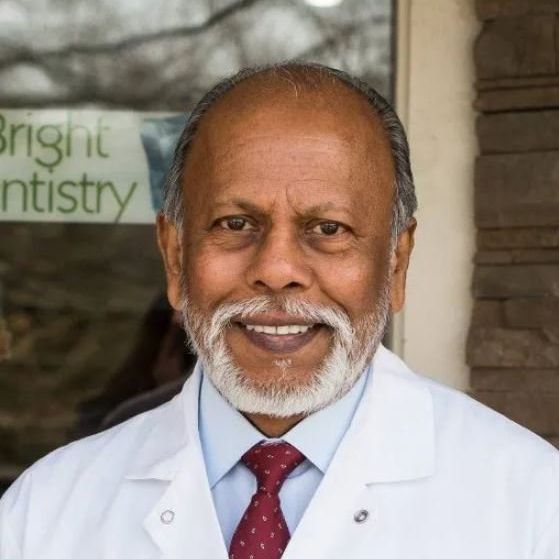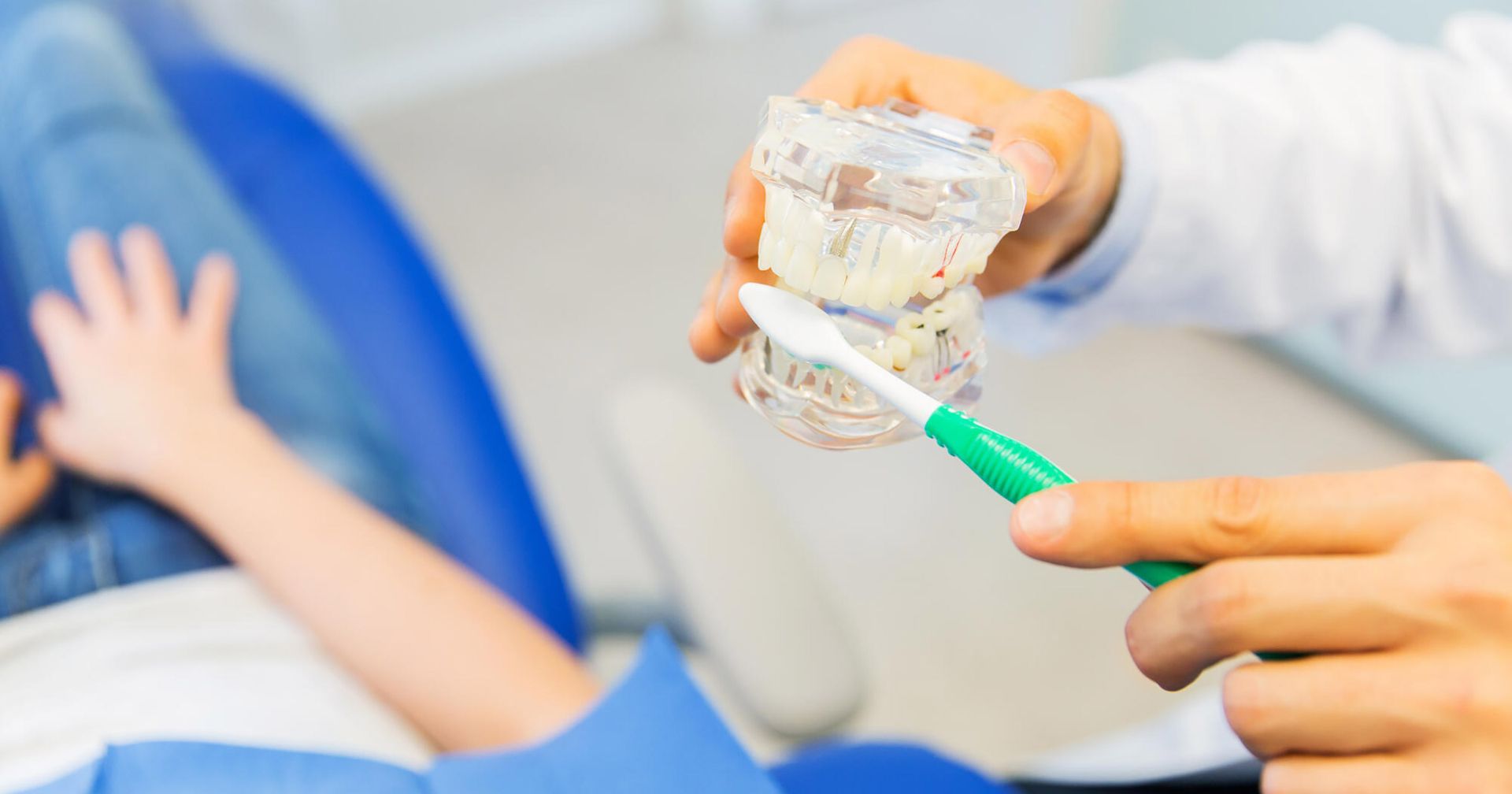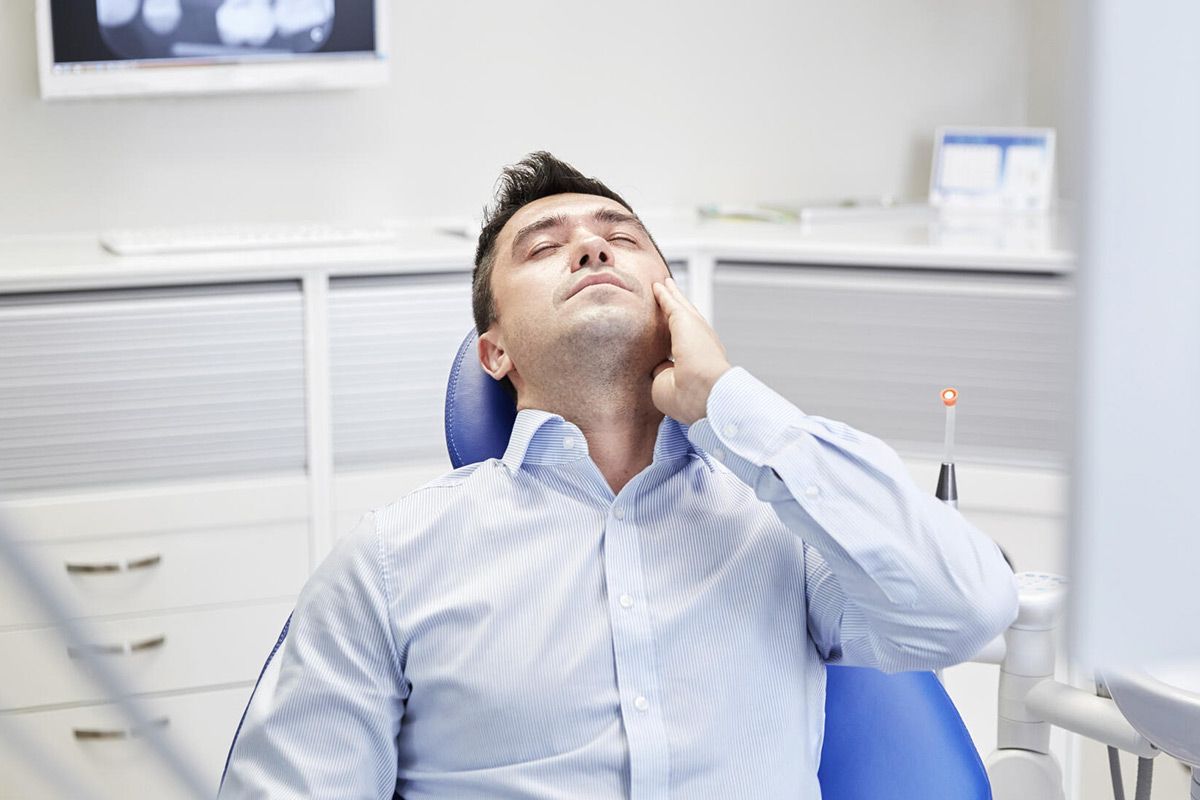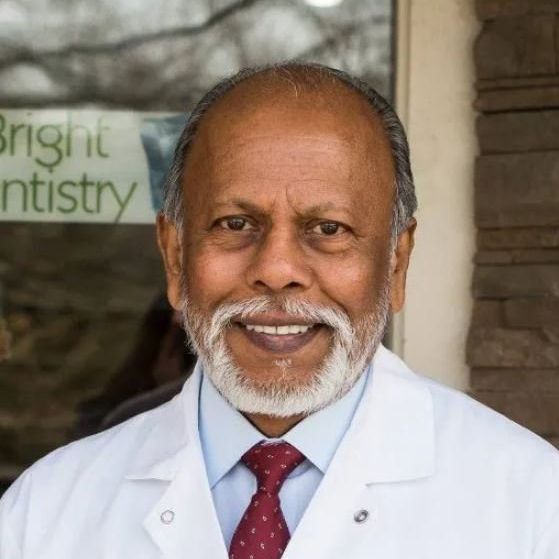Is It a Dental Emergency? Here Are the Top Signs.
Experiencing a dental emergency, or is it just a normal amount of pain? Read on to learn the signs it's a dental emergency.
In the last year, one in six Americans experienced some kind of dental emergency-- a cracked tooth, an abscess, a severe infection, etc.
Are you currently going through a dental emergency? Or, are you wondering if what you're feeling wait until your next check up?
There's a lot of confusion surrounding dental emergencies, and lots of people aren't sure what counts as an emergency.
If you're not sure if your symptoms qualify as a dental emergency, read on to learn about some of the top signs.
Your Tooth is Loose
A loose or missing tooth is one of the most obvious signs that you require emergency dental services .
On average, people lose their last tooth when they're around 12 years of age . There's no natural reason why you would be losing teeth as an adult.
Often, teeth get knocked out or become loose as the result of some kind of injury (car accident, sports accident, etc.).
Teeth can also become loose and more prone to falling out if an individual is experiencing severe tooth decay or tooth infection.
If your tooth has fallen out or is loose, it's best to see the dentist as soon as possible. They can check for nerve or jaw damage and make sure your condition doesn't get worse.
You Have a Severe Toothache
A toothache almost always warrants a trip to the dentist. Not all toothaches require an emergency trip to the dentist, though.
If your tooth pain is very severe, you ought to see the dentist right away. What constitutes a severe toothache?
Everyone's pain threshold is different, but if you have a toothache that doesn't get better with painkillers, ice, or other remedies, that's generally considered to be a severe one.
Your Tooth is Numb
Your toothache may have gone away, but that doesn't necessarily mean that problem has been solved.
If your toothache goes away and you start experiencing numbness, you ought to visit the dentist as soon as you can.
Numbness in a tooth is often a sign that an infection has spread to the root of the tooth. This can contribute to nerve damage and may indicate that you need an emergency root canal.
Your Jaw is Swollen
A swollen jaw is a common sign of many different types of infection, including a salivary gland infection.
If your jaw has become swollen seemingly out of nowhere, visit the dentist right away.
Your dentist will be able to check your symptoms and prescribe you antibiotics to get rid of the infection before it spreads and causes additional problems.
You Have a Metallic Taste in Your Mouth
Have you suddenly developed a metallic taste in your mouth? If you have metal fillings, a sudden metallic taste can be a sign that your filling has become loose or broken.
An open filling is a serious issue. In fact, it can increase your likelihood of developing other infections or cavities.
A broken or loose filling that is left untreated will also increase your chances of requiring serious dental treatments, like a root canal.
You're Showing Signs of a Dental Abscess
An abscess is a swollen pocket of pus. Dental abscesses are very painful infections that are usually located at the root of a tooth. They're usually caused by cavities that went untreated.
Trauma can also cause an abscess, as can severe gum disease.
Common symptoms of a dental abscess include:
● Fever
● Swollen glands
● A foul taste in the mouth
If you notice any of these symptoms, call the dentist as soon as possible. Surgery is often required to drain the infection and treat it correctly.
You Have Chronically Bleeding, Achy Gums
A little bit of bleeding when you floss your teeth isn't necessarily a cause for concern (especially if you haven't flossed in a long time). But, if your gums are chronically bleeding and aching, this is a sign that something is wrong.
If you're noticing these symptoms, it's best to reach out to your dentist and get an appointment as soon as you can.
Your dentist will be able to determine whether gum disease or infection is contributing to the bleeding and aching. They'll also teach you strategies to minimize your discomfort and improve your symptoms.
You Have a Canker Sore or Burn That Won't Go Away
Injuries in the mouth (burns, canker sores, etc.) typically go away very quickly. If you have a burn or canker sore that has lingered for days or weeks, that's often a sign for a dental emergency.
Slow wound healing can be a sign of an infection or a more serious illness.
If these wounds don't go away, your dentist ought to take a look at them. They'll be able to determine the reason for the slow healing and may also be able to help expedite the process.
You Have a Headache That Won't Go Away
Twenty-three percent of Americans deal with headaches multiple times per year, and 18 percent deal with them multiple times per month.
If you're experiencing more headaches than normal, or if you have a headache that hasn't gone away for days or weeks, a dental issue could be the cause.
An abscess, infection, or damaged tooth could lead to severe headaches, neck pain, and other issues.
You're Always Tired
Did you know that chronic fatigue can also be a sign of dental issues -- specifically, tooth infections? Tooth infections can leave you feeling drained and exhausted.
This is because your body is diverting all its resources toward trying to fight off the infection. This leaves a lot less gas in the tank for taking care of other responsibilities.
If you're dealing with chronic fatigue along with other symptoms on this list, this could be indicative of a dental emergency.
Are You Experiencing a Dental Emergency?
After reading through these common signs, do you think you're going through a dental emergency?
If so, we can help at Putnam Bright Smile Dentistry. Contact us today to schedule an appointment.
We offer a wide range of dental services, including cosmetic treatment, restorative treatment, and emergency dental care.
If you're dealing with an emergency, we'll get you in as quickly as possible. You'll start feeling better before you know it!
Dr. Rohit Z Patel
D.D.S
After graduating at the top of his class, Dr. Patel continued his postgraduate studies in endodontics at Columbia University College of Dental Medicine in New York. He was appointed to assistant clinical professor of dentistry at Columbia University and later moved on to teach at the Montefiore Medical Center’s Department of Dentistry. Westchester Magazine recognized Dr. Patel as a “Top Dentist for 2012.”
Dr. Arpita Patel
D.D.S
Dr. Arpita S. Patel graduated with a DDS degree from the university College of Dentistry in 2015. Dr. Patel is experienced with an array of restorative dentistry procedures, including dental implants and many other treatments that can improve dental health, function, and appearance.
Dr. Yung Kim
D.D.S
Dr. Yung Kim is a double board certified Periodontist and board certified Prosthodontist, educated to treat many extremely complex disorders involving gum disease, tooth decay, and oral pathology. His focus is on full-mouth, complex, surgical, and reconstructive dentistry. He has extensive knowledge of implant dentistry and advanced surgical procedures, specializing in teeth in a day and All-on-Four implants. He is also Invisalign certified and experienced with CAD/CAM restorations and dentures.
Dr.Santvana Vyas
D.D.S
Dr Vyas attended NYU College of Dentistry and earned DDS in 2016 at the top of her class. She was inducted into Omicron Kappa Upsilon (OKU), the national dental honor society and earned Outstanding Achievement Award in study of Prosthodontics.
Dr Vyas is an active member of American College of Prosthodontics (ACP) and American Dental Association (ADA). She is appointed as a Clinical Assistant Professor at NYU College of Dentistry. She is married and is blessed with two sons.

















